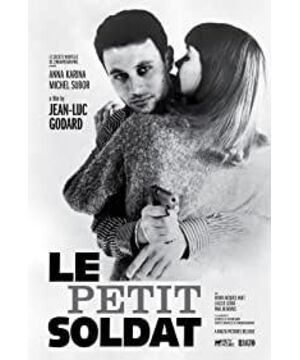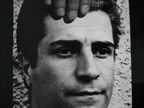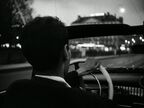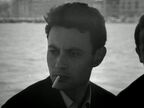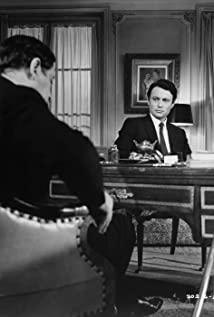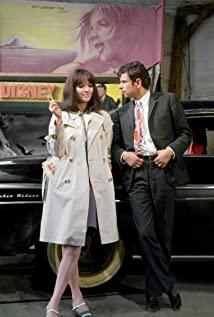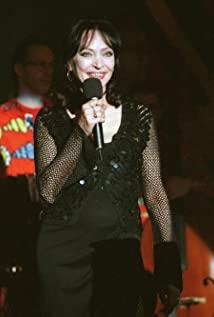Those who vowed to live and die together with the mortal world, were choked with tears by the fireworks of the world, and were wounded by wind swords and frost swords. They couldn't help but feel resentful. They sighed that the reality was too cruel, and all the utilitarianism, love and prosperity were just an illusion.
Algerian war deserter 1963
raving narration Veronica loves
anarchist spy assassination
Bruno is struggling, "I was a young and ignorant person with no ideals." His name is Bruno, but he is Godard. Although the story takes the war as the background, there is no war-related scene in the movie, but is explained through the dialogue and behavior between the characters. Since there are elements of war in it, there will naturally be warriors, but there are no real warriors in this film. War and terrorism are only a matter of one thought, and for city dwellers, urban terrorism is much more terrifying than war. I like a lot of narration in the movie, like Godard's whispers, his helplessness, his confusion, his struggle, and his unconsciousness all make people feel distressed. Hand-held photography and long takes are common in Godard's other films, but in this one the long takes are not prominent, but exist as a need for television narrative.
Winonica struggles, her life comes to an abrupt end when her love blooms quietly after she refuses to be free. Love is not the theme of this film, and naturally there will not be too much sadness, Veronica is just a victim of war. A beautiful woman has complex political relationships and identities. Such a design has bought the foreshadowing of future tragedies. In such an era, death may be a relief. Intrigue drowns passion, war destroys morality, and hovering over cities is the betrayal of us by the world.
France was struggling, the war brought not only death but also the fear of hindsight, and anarchists were sometimes not a symbol of freedom, but a certain distrust and suspicion of government. Everything in the world is illusory, only "I" is the only one in the world, such a paranoid proposition happens to be Godard's favorite madness. However, in this film, both the composition of the shots and the design of the story are slightly euphemistic. With a sense of arrogance, Godard brought the most controversial political issues to the screen. In fact, he was just using his camera to accuse society and war. For literati, the pen is their weapon. For directors, the camera is their gun. “Sacrifices come in, if they seem generous they watch the tragic drama, if they seem nefarious they watch the farce.” Death and everything in this film is slow and flat, including when Bruno is being tortured .
When many directors began to pursue dazzling pictures, Godard believed that language was the best expression tool for films. When enjoying the movie "Little Soldiers", in addition to the lines of the movie characters themselves, Godard added a lot of narration in the film, and those narrations made the male protagonist have Godard's shadow, or, in other words, the male protagonist. The Lord is Godard. It is difficult to interpret Godard's films, because his films are full of destruction and innovation of traditional film techniques. His avant-garde, subversive, and prophetic all prove his interpretation of the world of light and shadow. In this film, Godard strives to use the film to express his political views, inject his innermost thoughts into the dialogue and monologue, these are not delicate lines but have a strong philosophical meaning, all of which are It's because of his love for movies and his "ambition". There are roughly three modes of Godard's films. The first is that the film exists as a morality, and the truth is pursued through his lens. The second is that the film is a metaphysical product. The third is that the film is a kind of political speculation. Godard's political modernism can be traced back to Eisenstein and Vertov, but after all, movies are the product of commercialization. In the late 1970s, Godard began to make commercial creations again.
Godard's films can still have many, many invisible dark sides, but, for this film, it is more about Godard's struggle in the 1960s, his helplessness and anger, his confusion and depression.
View more about Le Petit Soldat reviews


